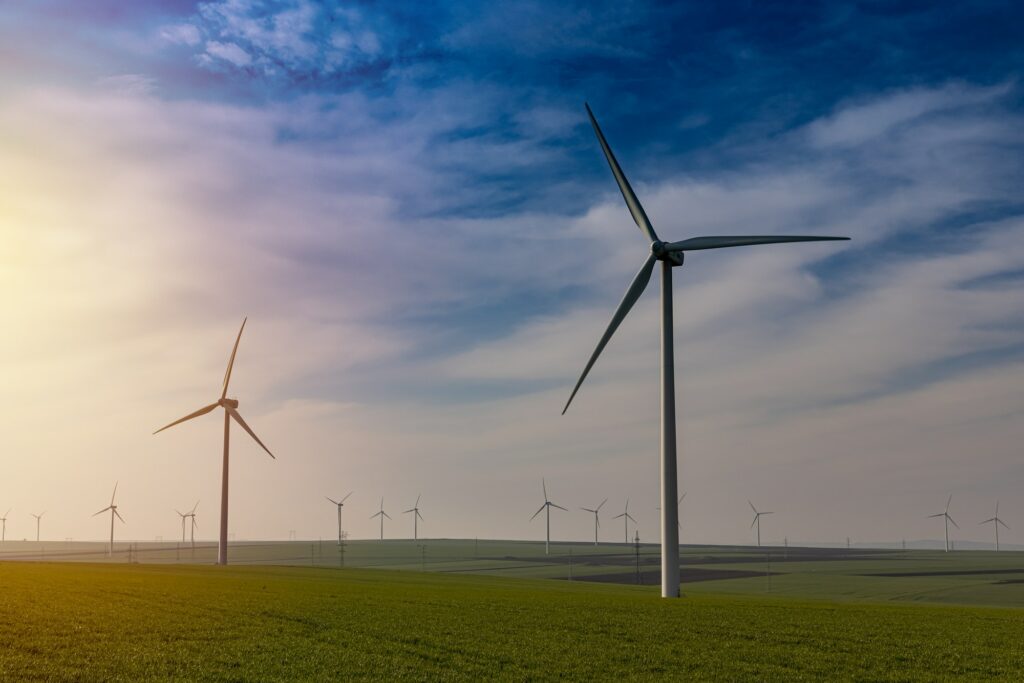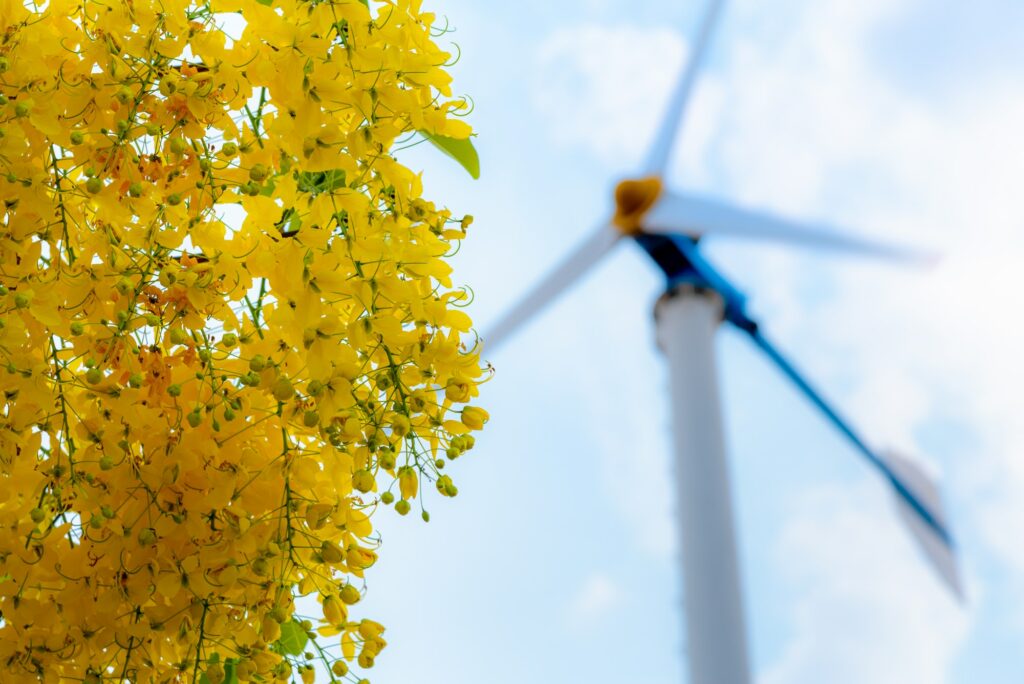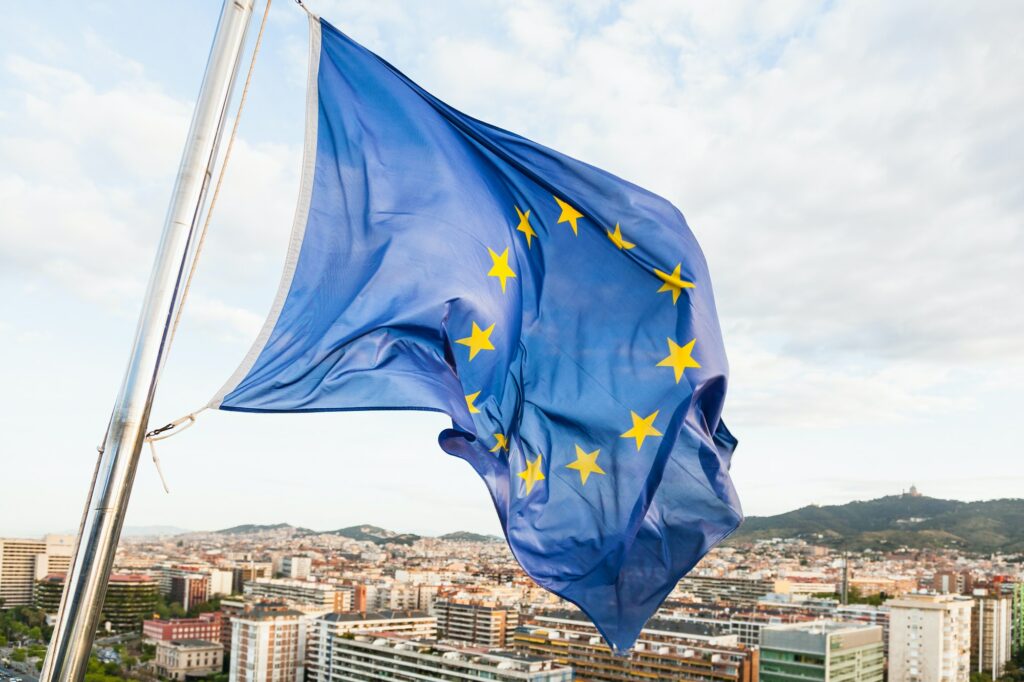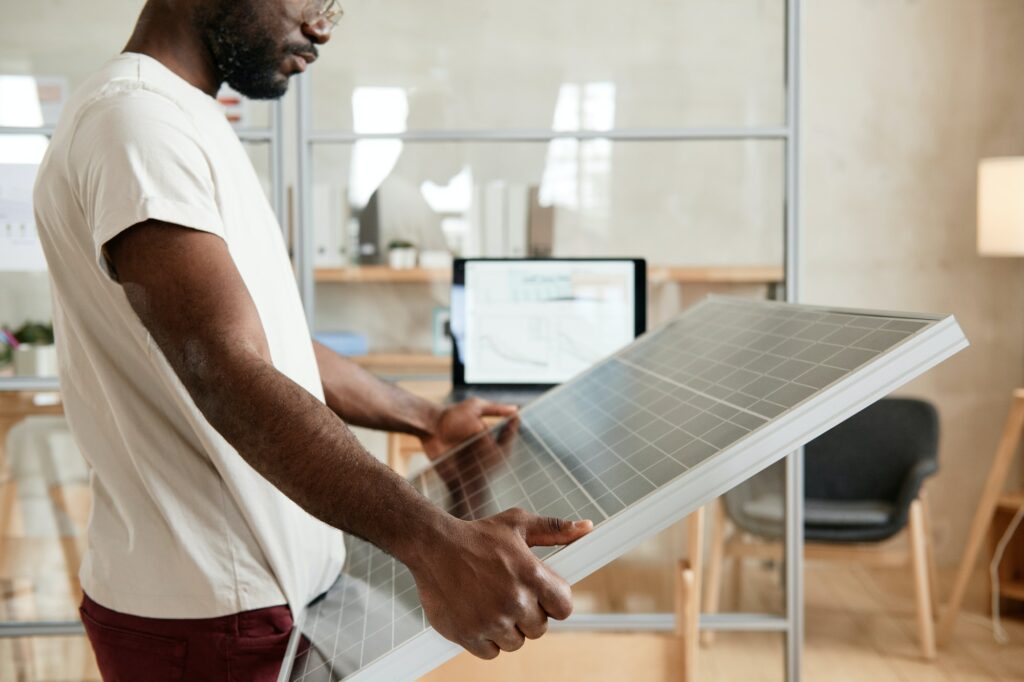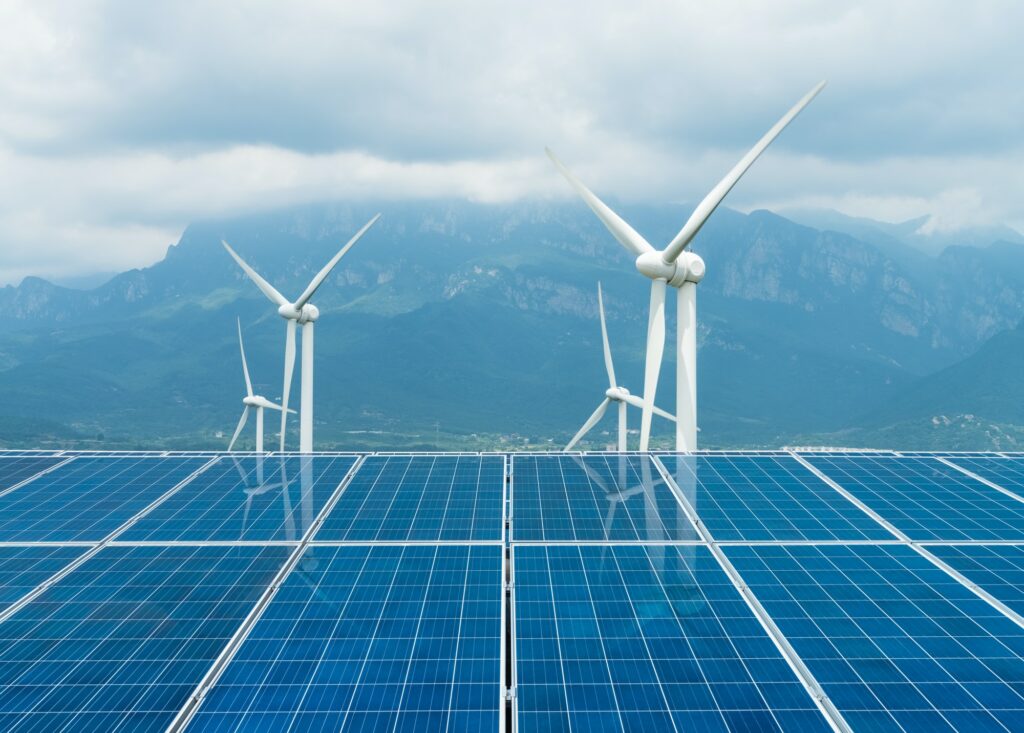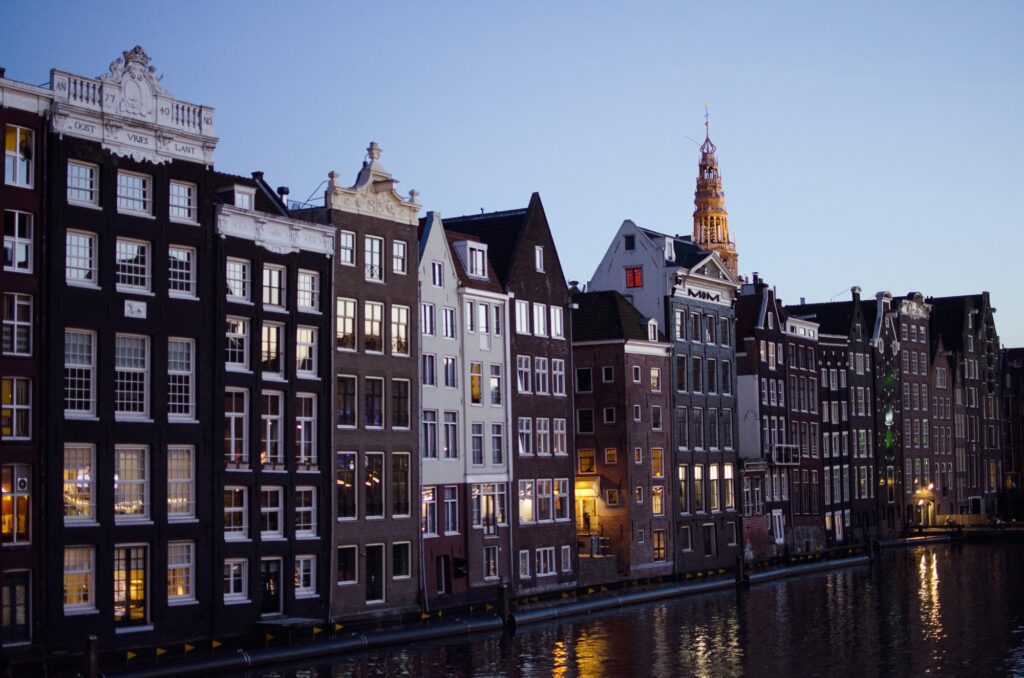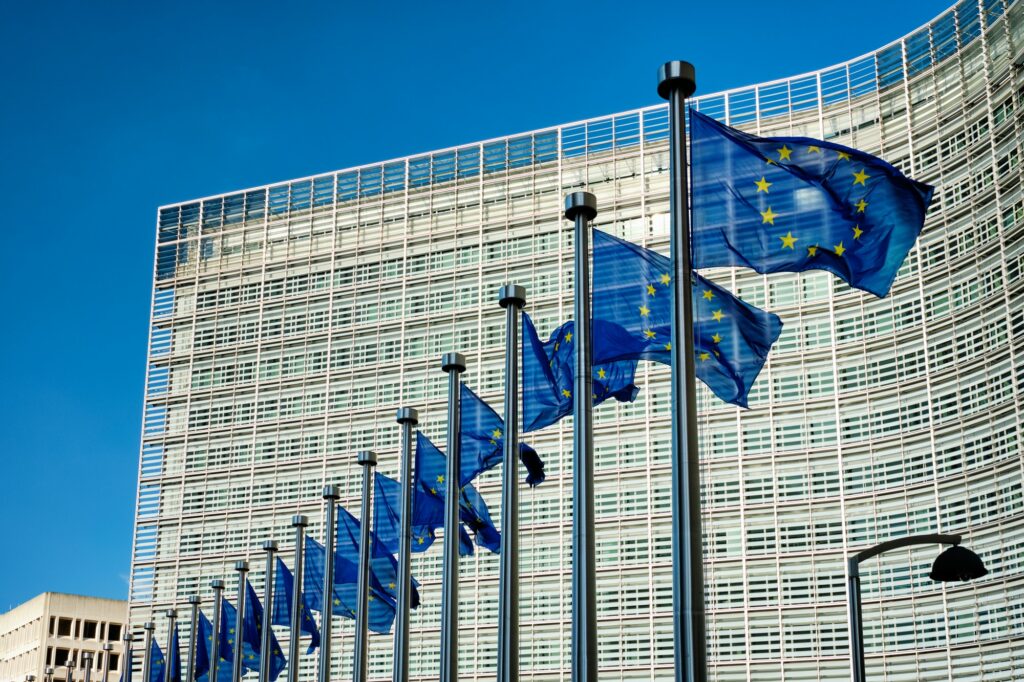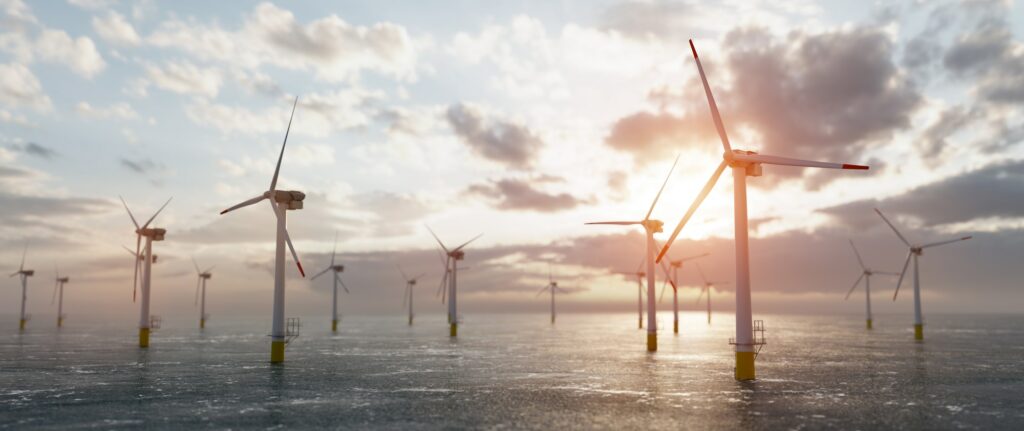Corporate Sourcing of Renewables Growing, Taking Place in 75 Countries
Companies in 75 countries actively sourced 465 terawatt hours (TWh) of renewable energy in 2017, an amount close to the overall electricity demand of France, according to the report from the International Renewable Energy Agency (IRENA). With the continued decline in the costs of renewables, the report suggests, corporate demand will continue to increase as companies seek to reduce electricity bills, hedge against future price spikes and address sustainability concerns.
Corporate Sourcing of Renewables Growing, Taking Place in 75 Countries Read More »

